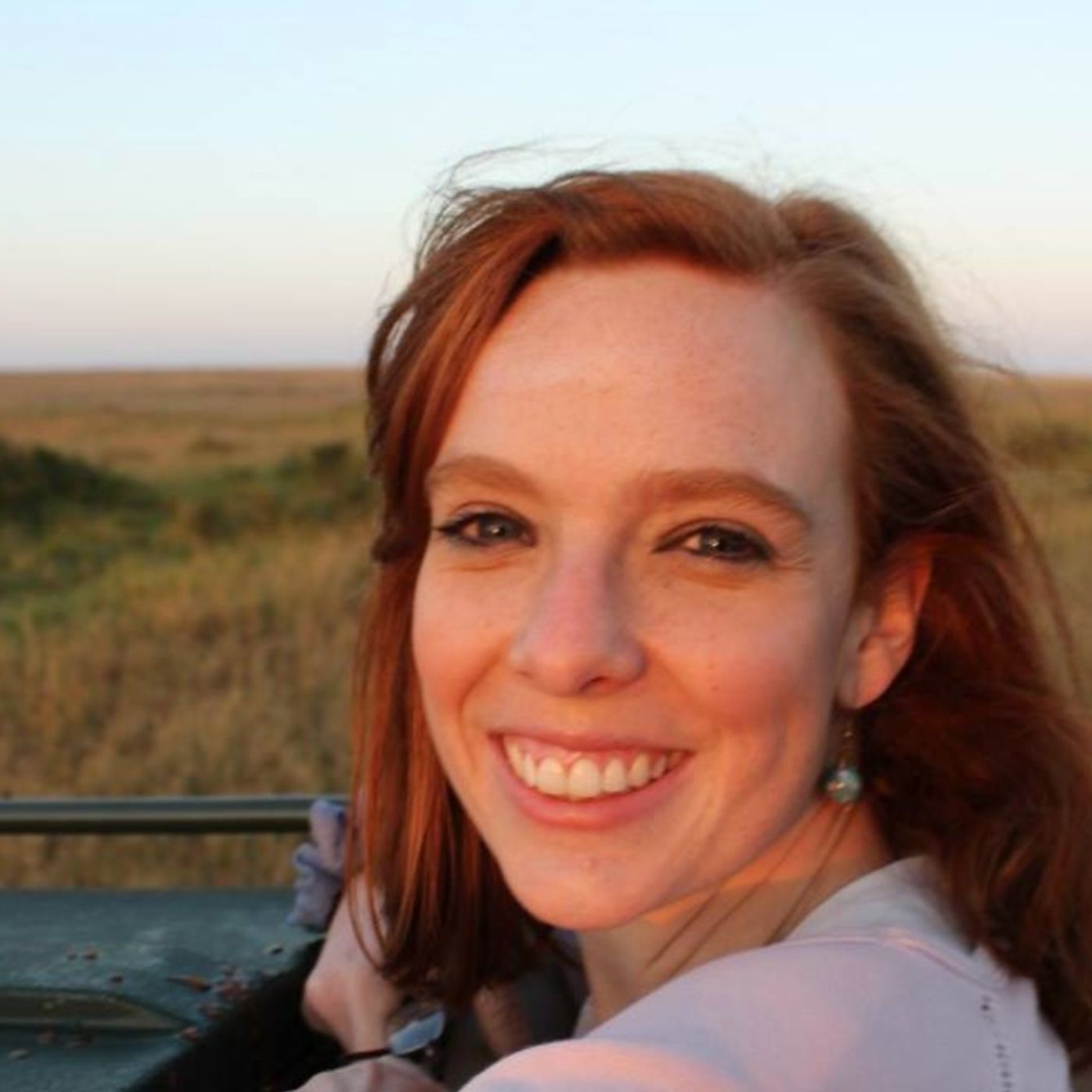- Technology
- SEE MORE
- classical
- general
- talk
- News
- Family
- Bürgerfunk
- pop
- Islam
- soul
- jazz
- Comedy
- humor
- wissenschaft
- opera
- baroque
- gesellschaft
- theater
- Local
- alternative
- electro
- rock
- rap
- lifestyle
- Music
- como
- RNE
- ballads
- greek
- Buddhism
- deportes
- christian
- piano
- djs
- Dance
- dutch
- flamenco
- social
- hope
- christian rock
- academia
- afrique
- Business
- musique
- ελληνική-μουσική
- religion
- World radio
- Zarzuela
- travel
- World
- NFL
- media
- Art
- public
- Sports
- Gospel
- st.
- baptist
- Leisure
- Kids & Family
- musical
- club
- Culture
- Health & Fitness
- True Crime
- Fiction
- children
- Society & Culture
- TV & Film
- gold
- kunst
- música
- gay
- Natural
- a
- francais
- bach
- economics
- kultur
- evangelical
- tech
- Opinion
- Government
- gaming
- College
- technik
- History
- Jesus
- Health
- movies
- radio
- services
- Church
- podcast
- Education
- international
- Transportation
- Other
- kids
- podcasts
- philadelphia
- Noticias
- love
- sport
- Salud
- film
- and
- 4chan
- Disco
- Stories
- fashion
- Arts
- interviews
- hardstyle
- entertainment
- humour
- medieval
- literature
- alma
- Cultura
- video
- TV
- Science
- en
Episode 32: Economics, Data For Good and AI Research with Sara Hooker

Show Notes:
- (2:20) Sara shared her childhood growing up in Africa.
- (4:05) Sara talked about her undergraduate experience at Carleton College studying Economics and International Relations.
- (9:07) Sara discussed her first job working as an Economics Analyst at Compass Lexecon in the Bay Area.
- (12:20) Sara then joined Udemy as a data analyst, then transitioned to the engineering team to work on spam detection and recommendation algorithms.
- (14:58) Sara dig deep into the “hustling period” of her career and how she brute-forced her way to grow as an engineer.
- (17:24) Sara founded Delta Analytics - a local Bay Area non-profit community of data scientists, engineers, and economists in 2014 that believes in using data for good.
- (20:53) Sara shared Delta’s collaboration with Eneza Education to empower students to access quizzes by mobile texting in Kenya (check out her presentation at the ODSC West 2016).
- (25:16) Sara shared Delta’s partnership with Rainforest Connection to identify illegal de-forestation using steamed audio from the rainforest (check out her presentation at MLconf Seattle 2017).
- (28:22) Sara unpacked her blog post Why “data for good” lacks precision, in which she described 4 key criteria frequently used to qualify an initiative as “data for good” and discussed some open challenges associated with each.
- (36:34) Sara unpacked her blog post Slow learning, in which she revealed her journey to get accepted into the AI Residency program at Google AI.
- (41:03) Sara discussed her initial research interest on model interpretability for deep neural networks and her work done at Google called The (Un)reliability of Saliency Methods - which argues that saliency methods are not reliable enough to explain model prediction.
- (45:55) Sara pushed the research above further with A Benchmark for Interpretability Methods in Deep Neural Networks, which proposes an empirical measure of the approximate accuracy of feature importance estimates in deep neural networks called RemOve And Retrain.
- (48:46) Sara explained why model interpretability is not always required (check out her talks at PyBay 2018, REWORK Toronto 2018, and REWORK San Francisco 2019).
- (52:10) Sara explained the typical measurements of model reliability and the limitations of them, such as localization methods and points of failure.
- (59:04) Sara explained why model compression is an interesting research direction and her work The State of Sparsity in Deep Neural Networks - which highlights the need for large-scale benchmarks in the field of model compression.
- (01:02:49) Sara discussed her paper Selective Brain Damage: Measuring the Disparate Impact of Model Pruning - which explores the impact of pruning techniques for neural networks trained for computer vision tasks. Check out the paper website!
- (01:05:08) Sara shared her future research directions on efficient pruning, sparse network training, and local gradient updates.
- (01:06:56) Sara explained the premise behind her talk Gradual Learning at the Future of Finance Summit in 2019, in which she shared the three fundamental approaches to machine learning impact.
- (01:12:20) Sara described the AI community in Africa as well as the issues the community is currently facing: both from the investment landscape and the infrastructure ecosystem.
- (01:18:00) Sara and her brother recently started a podcast called Underrated ML which pitches the underrated ideas in machine learning.
- (01:20:15) Sara reflected how her background in economics influences her career outlook in machine learning.
- (01:25:42) Sara reflected on the differences between applied ML and research ML, and shared her advice for people contemplating between these career paths.
- (01:29:49) Closing segment.
Her Contact Information:
Her Recommended Resources :
- Deep Learning Indaba
- Southeast Asia Machine Learning School
- MILA - AI For Humanity
- Why “data for good” lacks precision (Sara's take on "Data for Good" initiatives)
- Slow learning (Sara's journey to Google AI)
- fast.ai
- Sanity Check for Saliency Maps by Julius Adebayo et al.
- Focal Loss for Dense Object Detection by Tsung-Yi Lin et al.
- MobileNets: Efficient Convolutional Neural Networks for Mobile Vision Applications by Andrew Howard et al.
- Underrated ML (Sara’s new podcast)
- Dumitru Erhan (Research Scientist at Google AI)
- Samy Bengio (Research Scientist at Google AI)
- Andrea Frome (Ex-Research Engineer at Google AI)
- Elements of Statistical Learning by Trevor Hastie, Robert Tibshirani, and Jerome Friedman